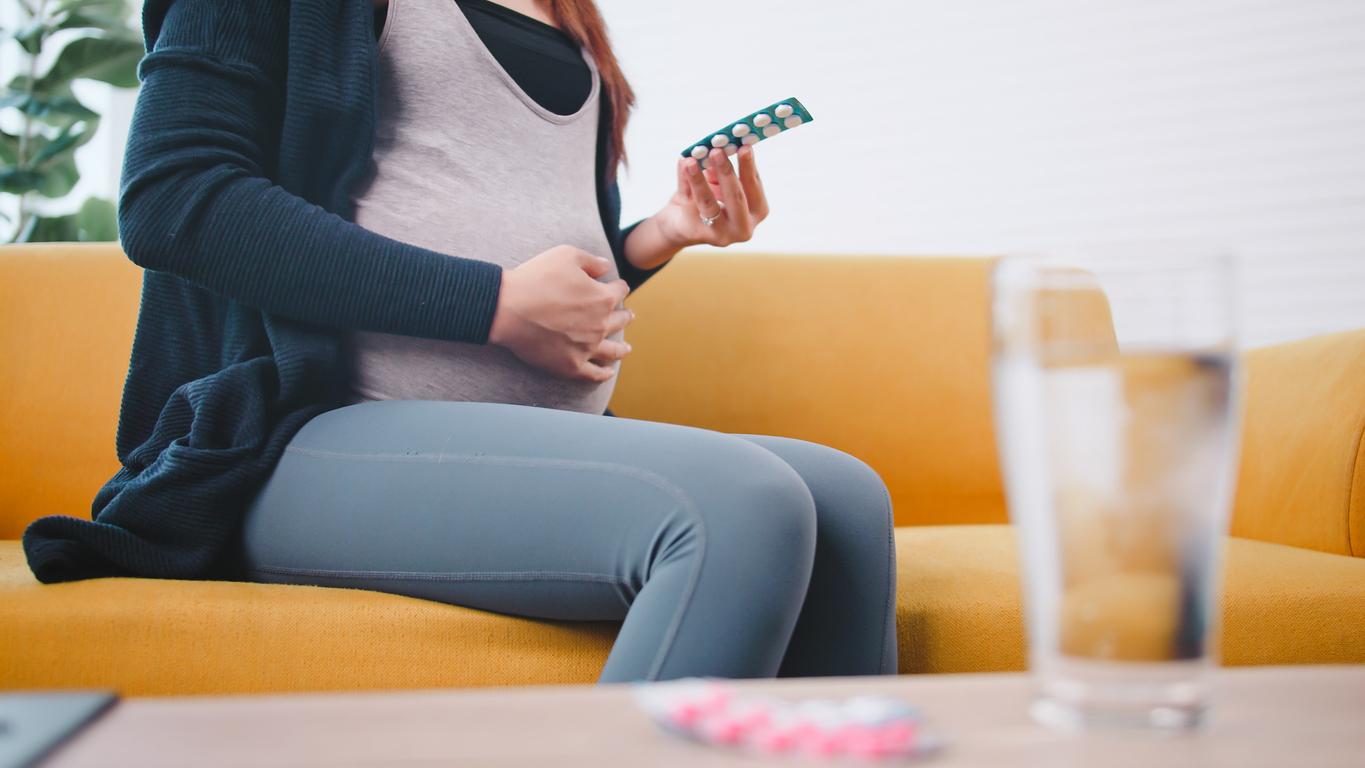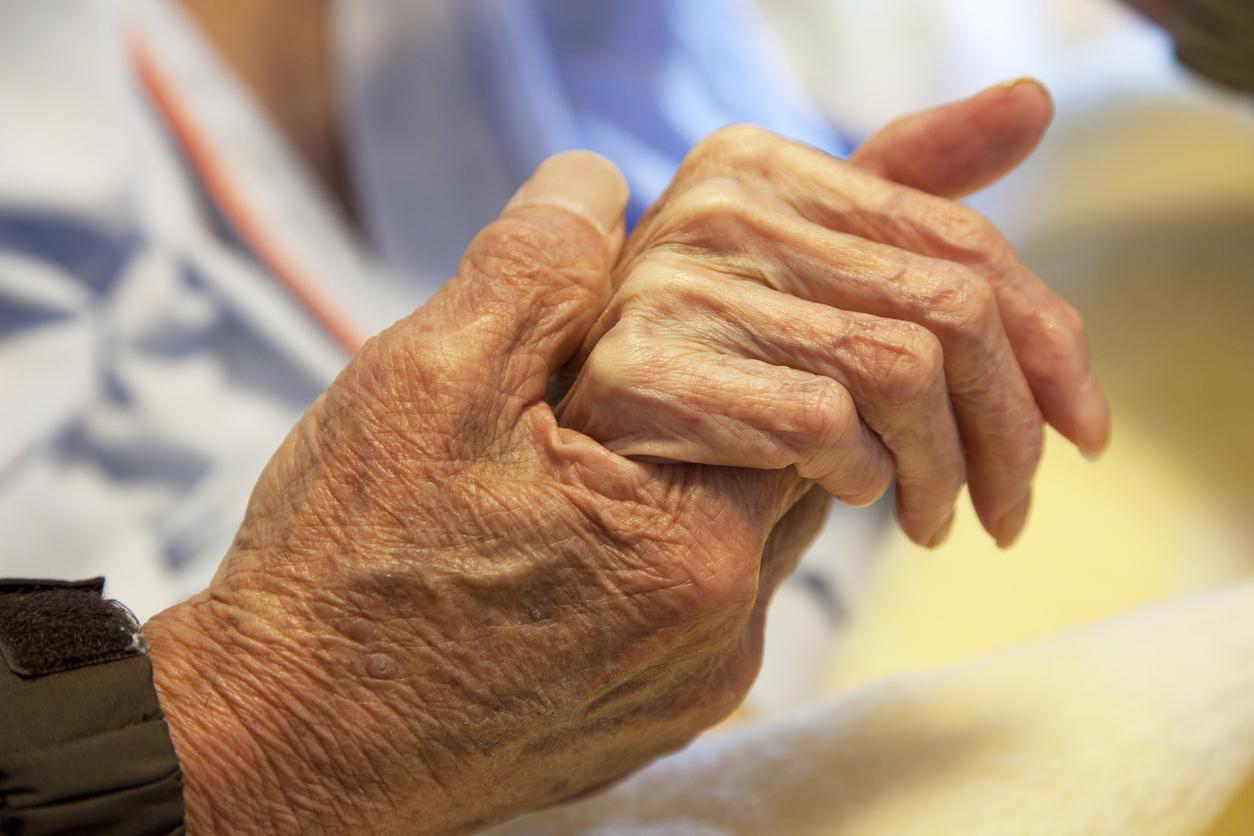
According to many, you should always be well sick with the flu, while others say that it only gets worse if you give in to it. This is what the experts say.
Every guideline or government advice on the flu carries the same message: rest and avoid physical exertion. Bed rest is not strictly necessary, but exercise should be avoided. That is the standard of the Dutch College of General Practitioners (NHG).
Not proven
Yet no real scientific research has ever been done on the effect of rest when you have the flu. “It is also almost impossible to do research into this,” says infection expert Aura Timen of the RIVM. “There are so many factors that play a role, you can never control them all. This kind of medical knowledge is based on years of experience and studies in practice.”
Why you have to get sick
But when Timen has to give her advice, she joins the people who say it’s good to stay at home with the flu. Especially because the immune system can then get going faster: “The immune system prevents the virus from attacking new cells. In infections, the body needs extra energy to start up the resistance. If you feel tired, it is not for nothing. It is good to respond to the signals from your body, so getting sick does seem useful to me.”
Don’t trivialize
Virologist Ab Osterhaus, best known in the media for bird flu and director of the National Influenza Center, warns against trivializing ‘the flu’. He also sees rest as a buffer for complications: “You have to keep in mind that the virus slowly destroys all cells of the respiratory tract. They must be replaced as quickly as possible before they become a breeding ground for bacterial infections. You can imagine that it immune system is under pressure, and that you should not increase that pressure.”
And the risk of contamination
Professor Niel Hens points out another reason to rest when you have the flu. According to him, it is a matter of common sense and social hygiene, as he calls it: “When we are sick, we see that on the one hand people stay at home, but on the other hand many others continue to do their daily activities. This last group, especially people who are infected and showing symptoms are up to three times more contagious than people who have no or mild symptoms. If they stayed at home, we would have up to 75 percent fewer flu cases.”
The danger of tranquility
However, Jan Wilschut, professor of medical microbiology at the University of Groningen, thinks otherwise. According to him, there is no indication that the immune system is affected by physical exertion. In fact, it is more likely to promote recovery. He advocates staying as active as possible with the flu. “Every day you lie in bed, you lose 5 percent of your muscle capacity,” Wilschut says. “In young adults it recovers, but in the elderly it can lead to a chronic deterioration of the condition. And for other complications, such as breathing problems, thrombosis or a low heart rhythm. So I would say: as soon as you feel that you have If you can get active, you should do it.”
Experts do not agree, so we cannot draw a clear conclusion. As long as there is no scientific evidence, we follow the guidelines of doctors and other experts. But whether you have to get sick or continue with daily activities, everyone will above all have to listen to their own body.
Sources: Intermediair.nl, Knack.be
Also read: This really helps against the flu

















